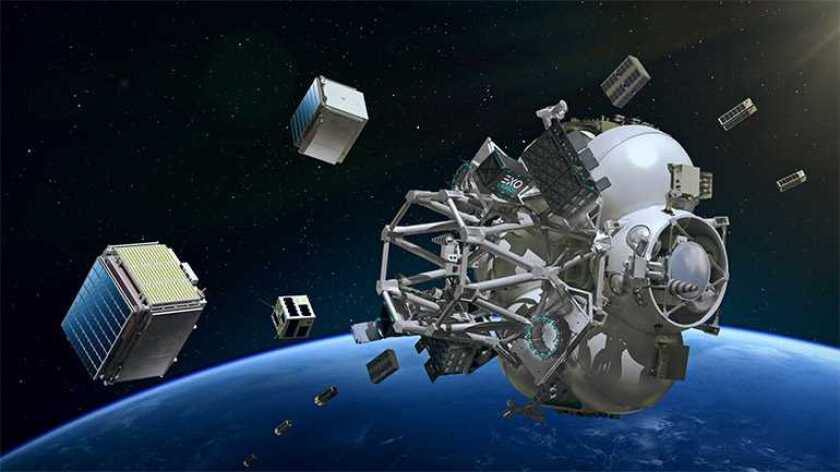The Lacuna network is intended to provide a global IoT service via a nanosatellite constellation in low Earth orbit (LEO), with autonomous sensors everywhere on Earth.
A third satellite is ready for launch, said NanoAvionics, which has built the platform for Lacuna. Both companies are based in Harwell in southern England, part of a cluster of space-based companies.
Rob Spurrett, CEO of Lacuna Space, said: “The backlog of commercial launches is now moving and our next launch after this will be another NanoAvionics platform. On behalf of Lacuna, I’d like to thank everybody at NanoAvionics for their support and professionalism.”
The payload, developed and built by Lacuna, consists of an IoT space gateway, able to receive and share data from small, battery powered sensors even in remote areas on the ground or at sea with little or no connectivity. The mission has been part-funded and supported by the UK Space Agency and the European Space Agency.
The Lacuna satellites use LoRa low-power wide-area network (WAN) protocol, designed for long battery life.
Applications for IoT services via the Lacuna network stretch from agriculture, environmental, wildlife and marine monitoring to asset tracking and mobility, said the companies.






